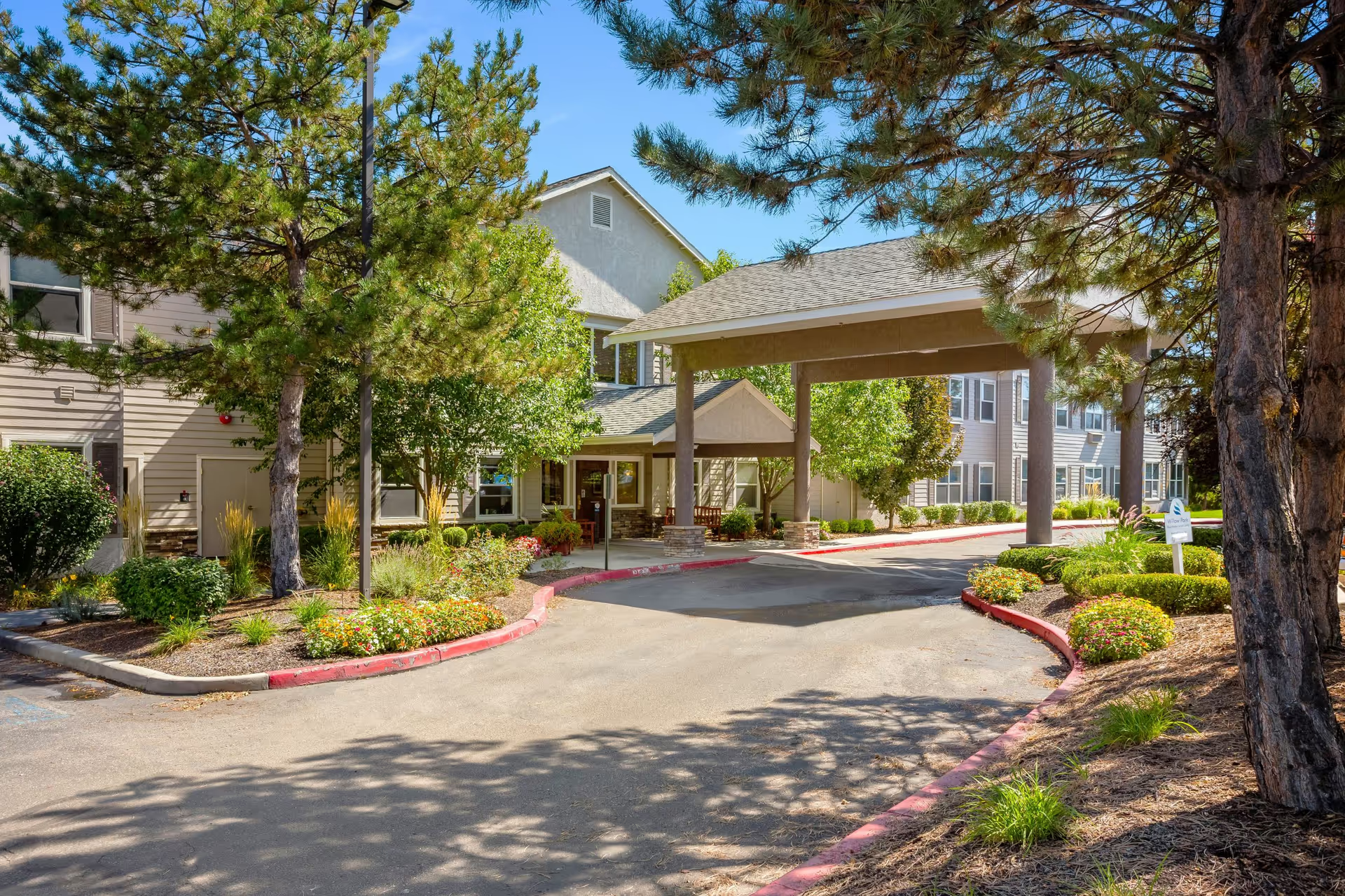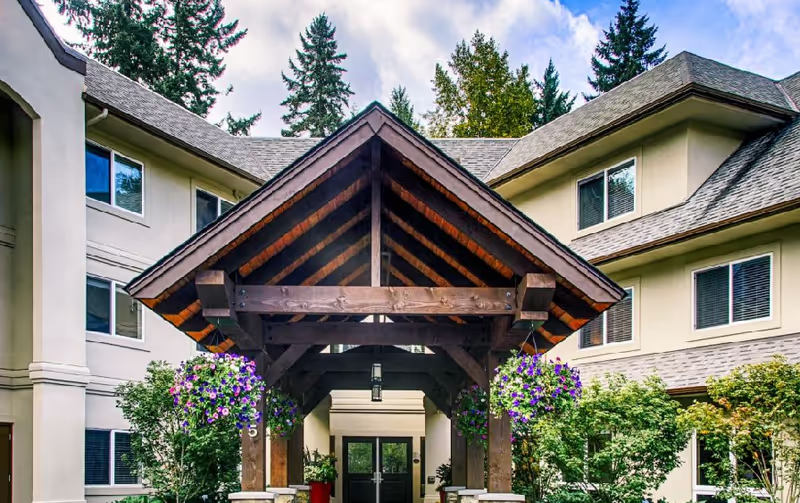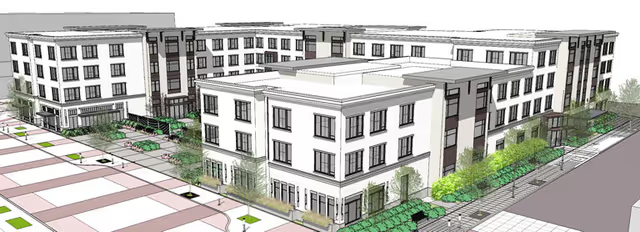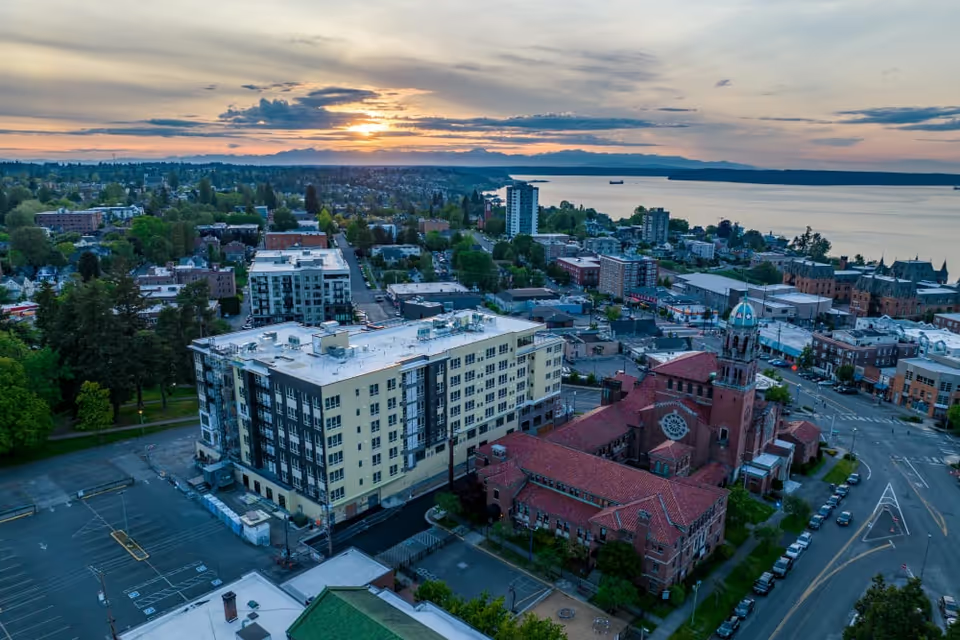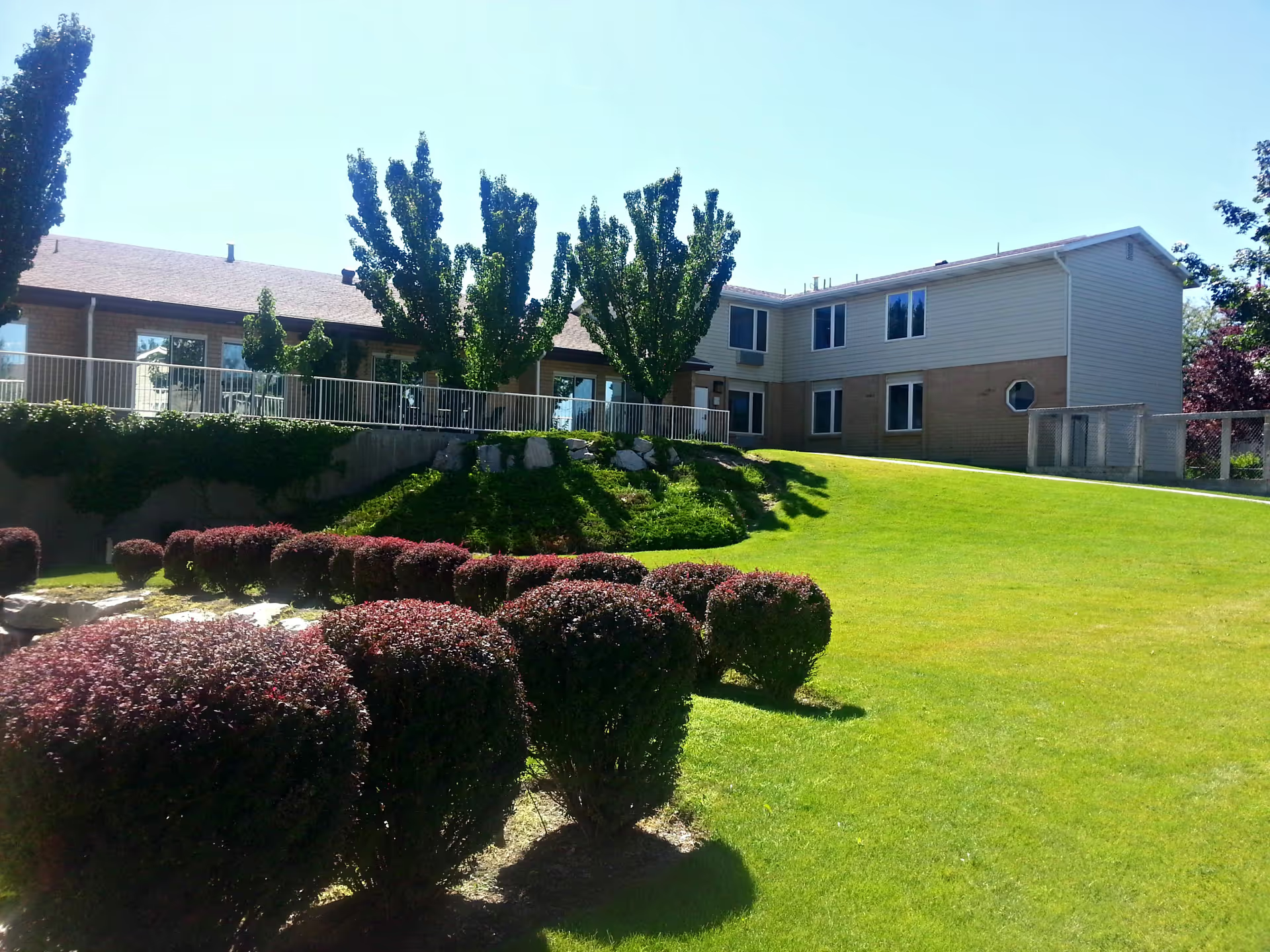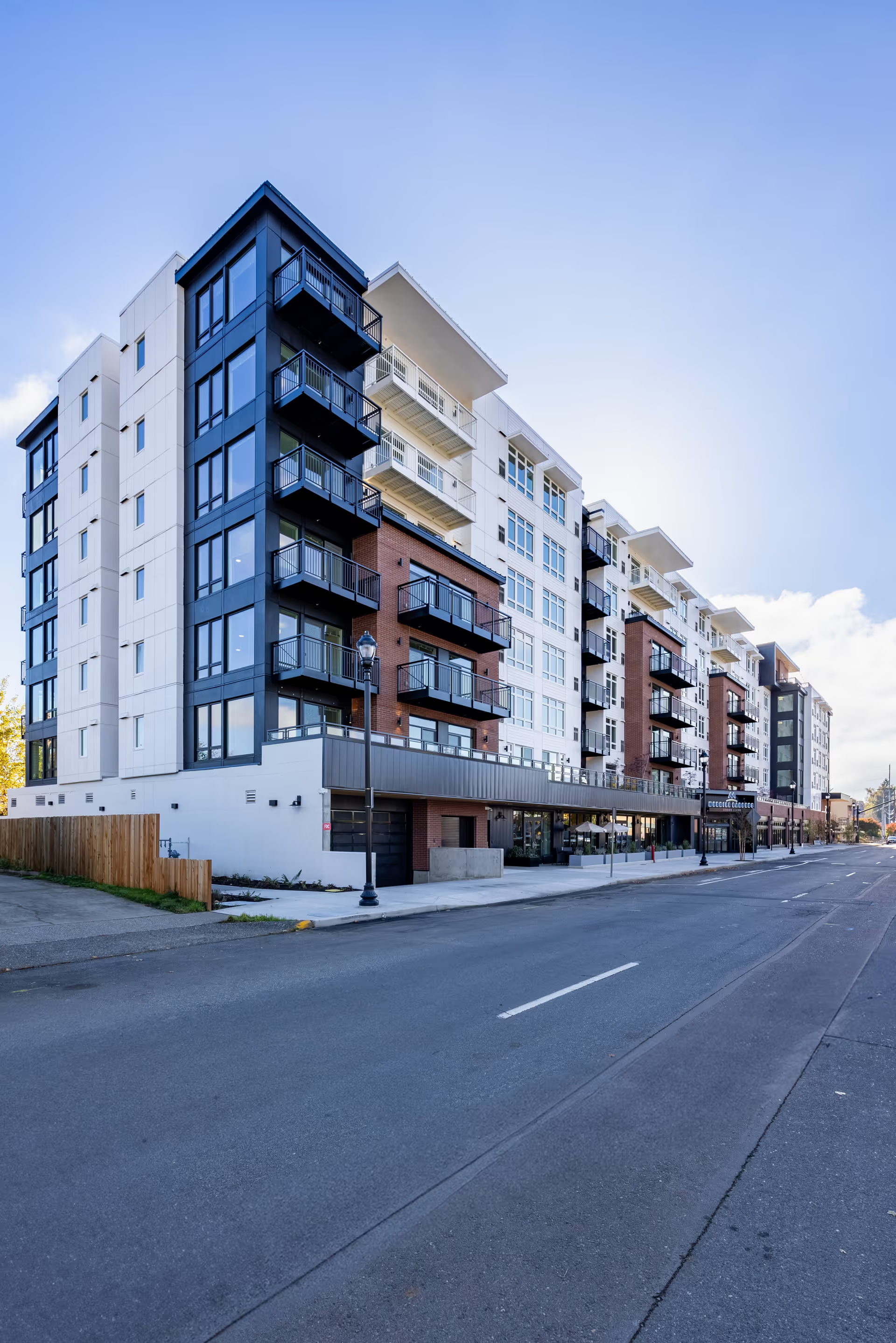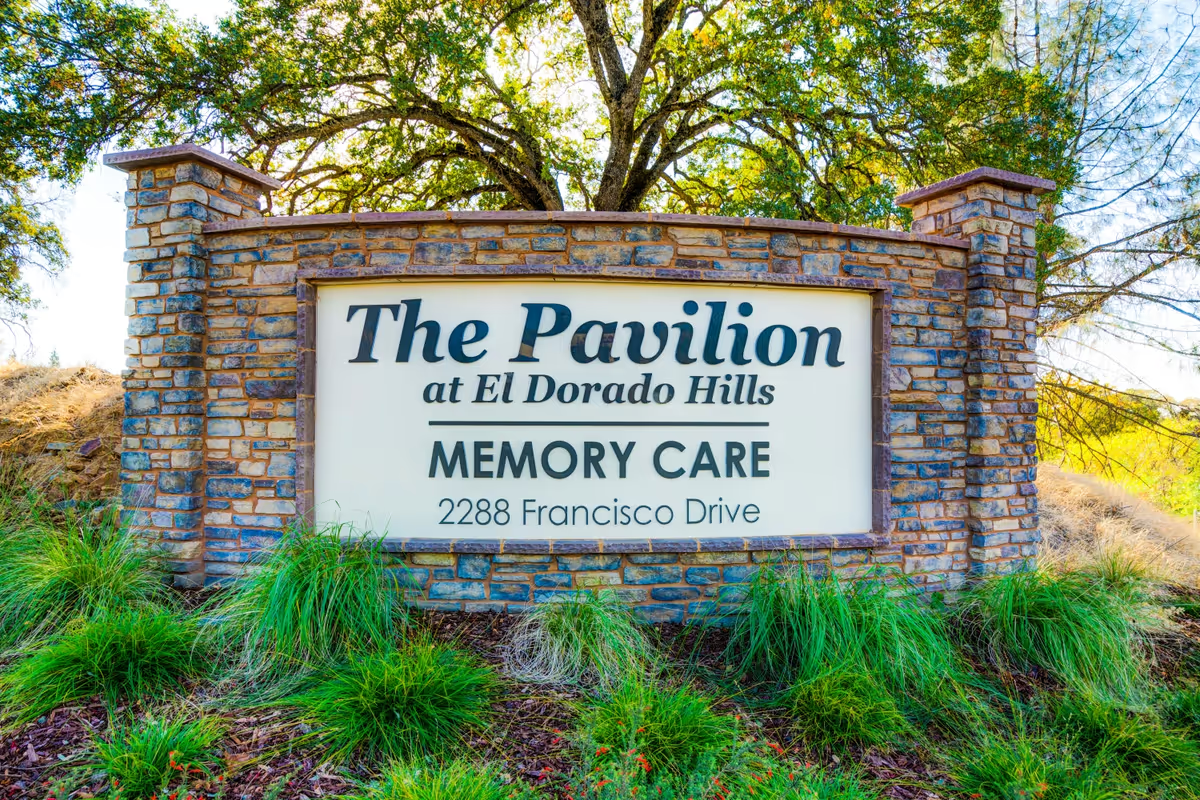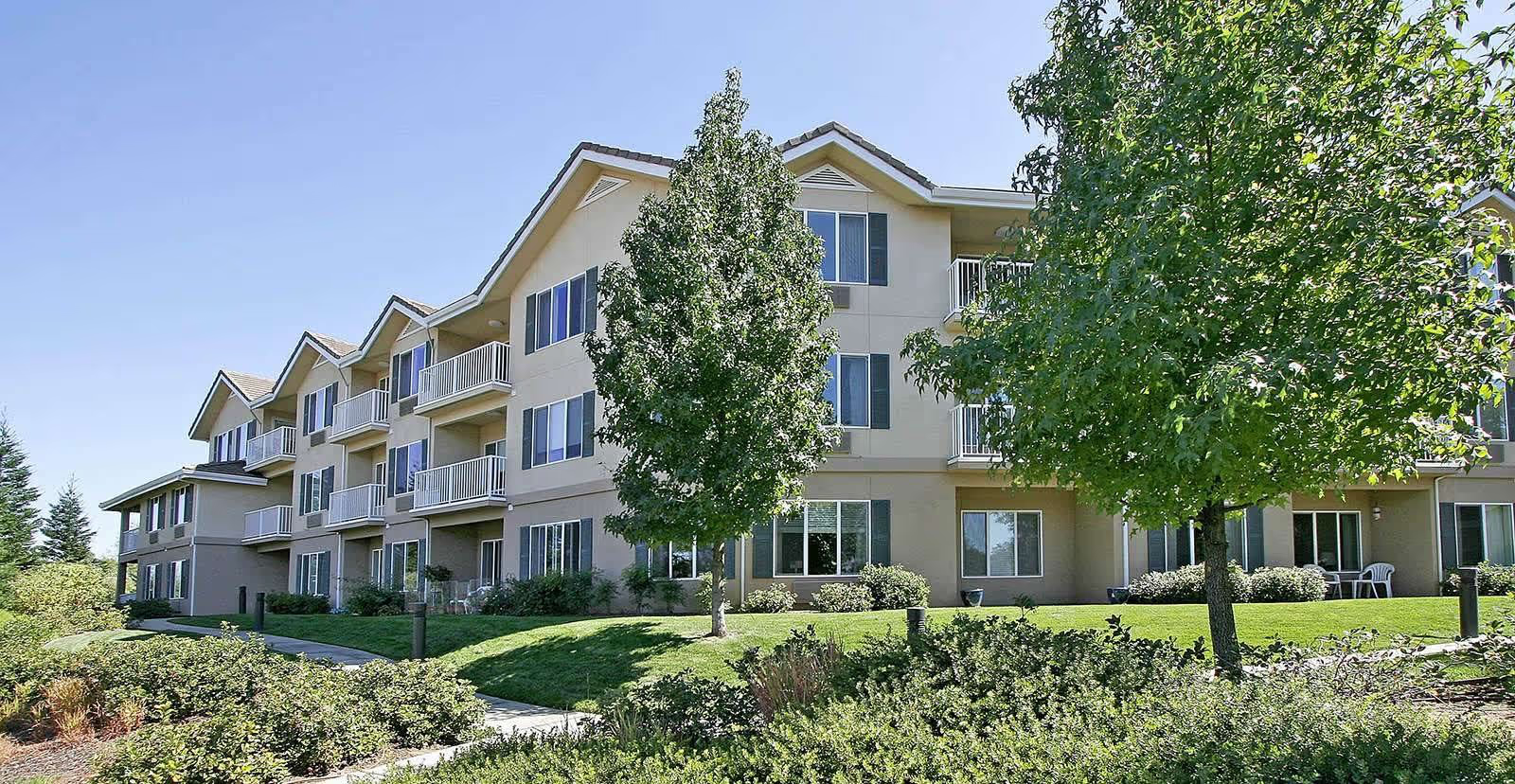Grangeville Health and Rehabilitation of Cascadia sits in a quiet spot at 410 NE 2nd Street in Grangeville, Idaho, and offers several kinds of care for older adults, including assisted living, memory care, skilled nursing, and board and care homes, with options ranging from independent living for active seniors who want a maintenance-free lifestyle with activities, to round-the-clock skilled nursing for people with more complex health needs, and you'll find those living spaces are private or semi-private, like the semi-private assistance living suite that's available for $3,637 to $4,364 a month, giving people space and privacy even when sharing. Meadowlark Assisted Living is the name for the assisted living part of the community, offering daily support like help getting dressed, bathing, taking medicine, having meals, and handling other personal care needs, while caregivers are around day and night and there's always a focus on comfort, privacy, and giving each person individual attention with their own care plan. The community has a secured memory care area, too, for people with Alzheimer's or dementia-that area's set up to keep residents safe, offering special memory-focused activities and 24-hour support.
Grangeville of Cascadia, LLC runs the whole place, led by Hammond, Owen C., and the center holds its primary license as a Skilled Nursing Facility with its own NPI number (1740942622), operating as part of the Cascadia Health group with a focus on community-based, compassionate care. Someone needing more serious health help will find skilled nursing services with nurses and aides on hand 24/7, supporting treatments like wound care, patient-centered rehabilitation in a well-outfitted therapy room, and long-term care, and when folks need to move from a hospital back home or into care long-term, staff help with the transition through personalized treatment plans. There's a full set of amenities and communal areas, including recently upgraded living spaces, comfortable rooms (both private and semi-private), places to relax outside, and a dining room where cooks prepare three meals a day that residents share together.
Social life doesn't fall by the wayside either, since an activity director organizes daily recreation, so residents can take part in group events, hobbies, and other chances to build friendships and stay involved. The rural setting keeps things peaceful, which helps with recovery or just offers a nice spot to call home, and staff work to meet both the physical and emotional needs of those living there. The facility takes a team approach to care, with everyone working to make the environment welcoming, safe, and friendly for anyone who comes in, and while there is a record of sponsorship activities concerning foreign workers, there haven't been any recent applications or hires in the last few years. Residents get support for whatever care level they need-whether that's transition care, long-term support, help with daily routines, medication, meals, personal care, or more specialized services like wound care or memory programs-so the goal always remains the same: to offer straightforward, personal help with living well in later years.
